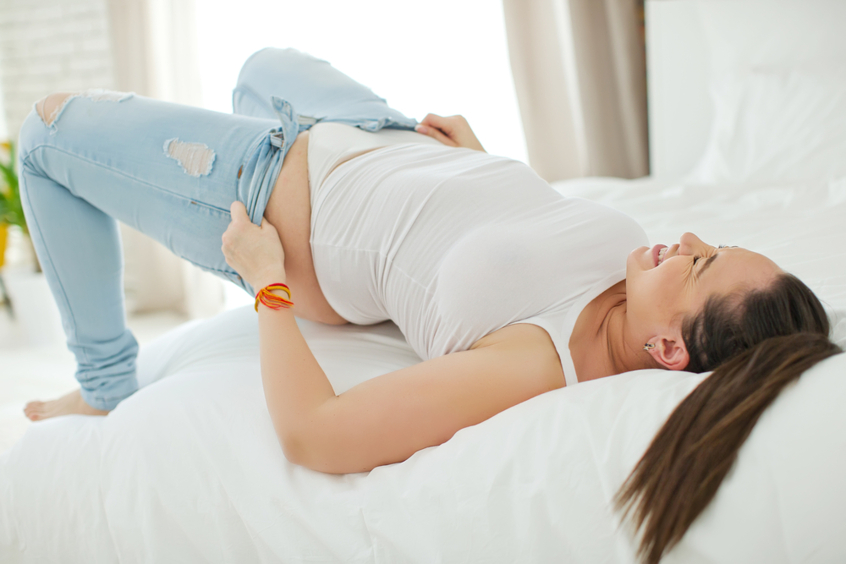How Long Hair Loss Continues After Stopping Birth Control
How to stop taking birth control pills after long-term use
Currently, there is no prescribed method on how to stop taking birth control pills after long-term use. You can choose to quit all of a sudden (i.e., in the middle of a pack) or finish the pack you're currently on.
If you finish the pack, even though it may take a while, your period will occur around the same time it did before. So if you'd prefer to return to a more regular period schedule, it's best to finish the pack.
After you stop taking birth control, your body needs time to adjust to the new balance of hormones, similarly to when you started taking the pill in the first place. Possible side effects include slight bleeding or spotting, abdominal cramps, and irregular periods for the first few months. Gradually, these symptoms should disappear on their own.
The most important thing to remember once you stop taking birth control is that pregnancy can occur at any time if you remain sexually active. Consider switching to a barrier method of contraception like condoms to prevent unwanted pregnancy.
Take a quiz
Find out what you can do with our Health Assistant
Common side effects when you stop taking birth control
As mentioned above, people who stop taking birth control might observe the following symptoms:
- Irregular periods
- Weight fluctuations
- Bleeding
- Cramping
- Hormonal acne
- Mood swings
- Heavy, painful periods
Next, Flo offers an in-depth look at a few of the side effects of going off the birth control pill.
Irregular periods
Unpredictable menstruation is a perfectly normal occurrence after going off the pill because your body requires some time to adjust to hormonal shifts. Such irregularities usually last for a few months but may stick around for up to a full year if you were receiving the birth control shot.
Weight gain/loss
Since contraceptives typically contain estrogen — known for causing fluid retention — when you stop taking the pill, it could cause you to lose some weight. Alternatively, some people will gain weight after they stop taking birth control. Gaining weight after you stop taking the pill is rare, though, so it might be a good idea to consult with your health care provider if this is happening to you. Do your best to follow a nutritious diet and exercise regimen in order to maintain a healthy weight.

Bleeding
If you stop taking birth control in the middle of a menstrual cycle, it's not unusual to see bleeding or spotting before your next period. Keep in mind, though, bleeding between periods should only be a temporary issue that goes away after a few months. If you're experiencing spotting or bleeding for longer than that, make sure to talk to your health care provider.
Cramping
Some people take the pill to alleviate severe cramps, and abdominal pain may return after you stop taking birth control. Such discomfort is also common if you stop taking the pill midway through your cycle and also when you haven't had your period in a while.
When will your period start after you stop taking birth control?
Most people get their first period about two to four weeks after they stop taking birth control in the middle of a pack. However, this varies greatly depending on each person's cycle, weight, stress levels, diet and lifestyle, and medical conditions like polycystic ovary syndrome.
Ovulation after you stop taking birth control
For many, ovulation begins within a few weeks of discontinuing use of oral contraceptives. Once again, those who were getting the birth control shot will likely have to wait longer for ovulation to resume.
Furthermore, your overall health and the amount of time you were on birth control can also affect the estimated timeline. These and several other factors impact your body's ability to restore its usual hormonal balance, menstrual activity, and fertility.
Generally speaking, birth control pills give people the freedom to control their own reproductive systems by protecting against unwanted pregnancy. Once you've decided to stop taking birth control, be aware that irregular periods, cramps, and bleeding may occur. These side effects are temporary and should eventually resolve on their own.
Remember, handy tools like the Flo app can track symptoms of ovulation, including the consistency of cervical fluid and basal body temperature. This will help generate a more accurate prediction of when you're likely to be ovulating.
Source: https://flo.health/menstrual-cycle/sex/birth-control/what-happens-after-stopping-birth-control
0 Response to "How Long Hair Loss Continues After Stopping Birth Control"
Post a Comment